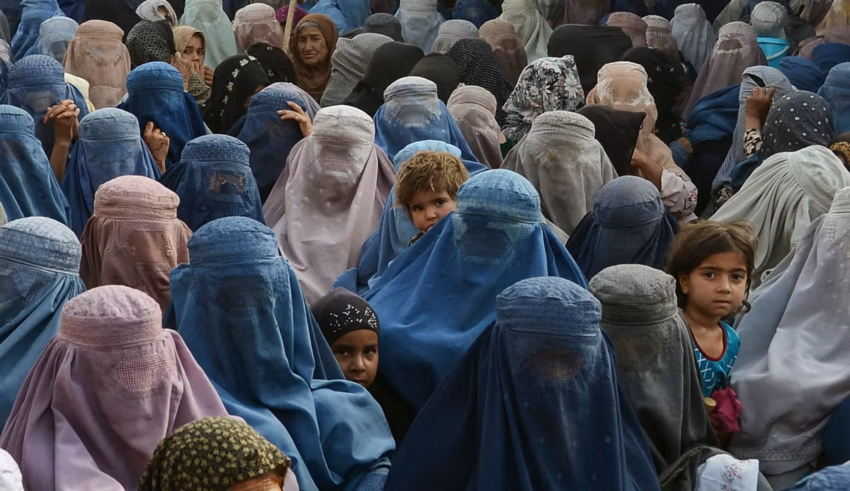
It has been only a year since August 2021, when the Taliban swept back into power in Afghanistan, yet the future has never been more uncertain for women and young girls. Soon after the Taliban returned to power, they suspended education beyond the 6th grade for both boys and girls until a new educational policy according to Islamic values would be established. But on March 23, 2022, the very day the schools were about to reopen, and they did at least for the boys, the Afghan girls found their right to education blocked. Not long before, the Taliban officials had been stating that the government was not opposed to female secondary education, but instead was unable to financially support the education sector, directly implying their expectation for international support. Soon, international donors, NGOs, and States expressed their willingness to financially support the education of Afghan girls. The United States Special Representative for Afghanistan stated that if the girl’s schools reopened in Afghanistan, the US would cover the teacher’s salaries, while the World Bank announced that more than one billion dollars of frozen assets had been secured in the Afghanistan Reconstruction Trust Fund to support education and other primary needs.
However, girls in Afghanistan and South Asia are not unfamiliar with what is happening now in the region. Back in the 1990s, when the Taliban came into power, not only banned girls’ access to school but also women from working, being involved in politics, or even speaking publicly. Significant is the story of the Nobel Peace Prize laureate and UN Messenger of Peace, Malala Yousafzai, who survived a Taliban attack because she spoke out publicly about the prohibition of girls’ education by the Pakistani Taliban. Malala, who was born in the Swat Valley in Pakistan, experienced the atrocities that took place when the Islamic Taliban movement took control of the area in 2007. They not only banned girls’ education and any other participation of women in public life, not even going to the market, but also schools became a target of attacks.
In the post-Taliban era, namely between 2002 and 2021, important initiatives were taken in female education and woman’s rights. In 2018 nearly 40% of Afghan girls were enrolled in schools, compared with 6% in 2003, and more than 3.6 million attended primary and secondary schools between 2001 and 2018. However, education statics have shown that even after the fall of the Taliban in 2001, girls’ education in Afghanistan is a complex story. According to a 20-year review by UNESCO, the number of girls continuing their studies at a higher level increased from around 5,000 in 2001 to 90,000 in 2018, but because of the lack of women teachers, many families avoided sending their girls to school. The rates of school drop-outs by girls were also high, with 62% of girls dropping out of school between the ages of 13 and 15, while the number of incidents of sexual harassment in the school environment was alarming.
According to the United Nations Development Program’s 2020 annual report, Afghanistan is ranked 169th in women’s education, raising numerous questions on why the education of women has been such a burning issue and part of a large debate on a societal and political level in Afghanistan. At the centre of the debate is the role of women in Afghan society in general. Certainly, the long-standing traditional beliefs of many Afghans and religious conservatives over the position of women and their right to freedom of expression have played a crucial role in their exclusion from education. However, as history reveals, the Taliban are using the Afghan women’s education issue as a political tool to advance their agenda. As the Taliban government aims at international recognition, funds, and the elimination of financial sanctions, is using girls’ education to attract international attention.
Nowadays, the development of technology has helped a lot of Afghan women to acquire access to education and retain their security as well. But this is not the matter for the majority of girls in Afghanistan, especially those who live in rural areas or come from low-income families. That is why the international community should support and promote cooperation and collaboration, especially among regional powers and press the neighbouring Muslim countries to take a clear position against the exclusion of Afghan girls from education.
By The European Institute for International Law and International Relations.















